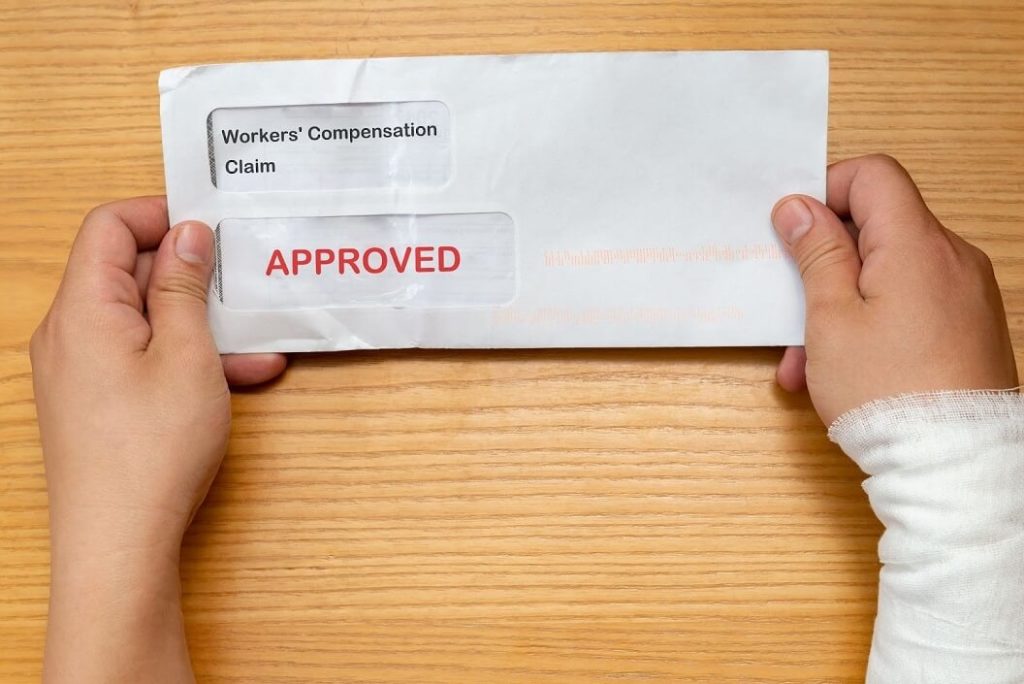5 Types of Workers’ Compensation Benefits
Workers' Compensation - October 31, 2022 by Horwitz, Horwitz & Associates
If you were injured on the job, our attorneys at Horwitz, Horwitz & Associates are available to review your case. In the following article, we’ll explore five different types of workers’ compensation benefits you could be entitled to following your injury and how a local Chicago workers’ compensation attorney can help.
If you have more questions about workers compensation benefits, call (800) 985-1819 to schedule your free consultation.
1. Medical Expenses Reimbursement
Workers’ compensation is mandated under the Illinois Workers’ Compensation Commission and related statutes. A benefit covered under your employer’s workers’ compensation insurance is the reimbursement of the medical expenses linked to your work-related injury. This will generally include the emergency room and any immediate treatments and medications that are needed. However, workers’ compensation is paid out by massive insurance companies that work for profit. To reduce costs, they often fight against the full claims of injured persons.
It can be difficult to collect the full amount in medical expenses, and to receive the follow-up treatments, surgeries, and rehabilitation that might be necessary to best recover from your injuries.
Without adequate coverage, you could ultimately be unable to receive the best medical care possible in support of your recovery. This can increase the severity and permanence of resulting disabilities. Having an experienced workers’ compensation attorney by your side helps ensure that all treatments are available in support of your recovery.
2. Temporary Total Disability (TTD)
TTD is provided to employees when they’re unable to return to work while recovering from their injuries. Generally, TTD provides compensation equal to ⅔ of the injured party’s gross average weekly wage.
3. Temporary Partial Disability (TPD)
TPD is available to employees who are unable to work their normal job, but can work in a light-duty role. Benefits for TPD are equal to ⅔ of the difference in the income between what the the injured person was making pre-injury and what they’re making while on light duty.
4. Permanent Partial Disability (PPD)
PPD is the most common type of claim filed by injured workers in Illinois. They’re usually paid once the worker has improved the most that they can. If an employee experiences an injury that leads to permanent impairment or disfigurement, but they can still continue to perform light duty work, PPD is available.
5. Permanent Total Disability (PTD)
PTD benefits are available to employees who are permanently unable to work in any capacity due to their injury.
How to Receive Your Workers’ Compensation Benefits
If you’ve experienced a workplace accident that has led to an injury, you won’t automatically receive the benefits that you are entitled to—they must be applied for. After your injury, it’s essential to seek emergency medical care, and pursue a follow-up appointment after the accident.
The initial shock and adrenaline following an accident can mask initial symptoms of injuries, and others can take time to emerge, like traumatic brain injuries or TBIs. One of the most common injuries associated with workplace falls or motor vehicle collisions are TBIs, which happen when a bump or blow is experienced to the head. What may seem like a headache after the accident could lead to permanent disability.
If you do not pursue follow-up medical care and accept a workers’ compensation settlement that does not cover your future expenses, you and your family will be responsible for them. The purpose of filing a workers’ compensation claim is to put yourself in as close a financial position as though the accident had never happened, and this requires evidence to accurately measure and prove all of the damages associated with your injuries.
You are Entitled to These Benefits, But Your Employer or Insurance Company May Try to Avoid Paying Them
Being injured on the job entitles you to workers’ compensation benefits; however, that doesn’t necessarily mean that they’ll be simple to collect. After you’ve received medical treatment for your injuries, making sure to maintain copies of your records for your attorney, you are required under Illinois law to notify your employer within 45 days of the injury.
Failure to notify your employer of your injury within this timeframe can lead to your workers’ comp claim being denied. Once notified, your employer is required to provide you with instructions of how to properly notify them of your injuries in a manner that is legally enforceable and recognized by workers’ compensation insurance.
As soon as possible after your emergency medical care, connect with a workers’ compensation attorney to review your case. With an attorney at your side, your follow-up appointments with medical and occupational experts will be scheduled at your convenience to collect the evidence you need to fully measure your damages.
Hurt at work? Our Chicago workers’ compensation lawyers can help.
Contacting an attorney as soon as possible if you have been injured at work will support the best possible outcome in your case. Working with Horwitz, Horwitz & Associates takes the stress of managing the claim out of your day-to-day life, as we handle all communications and negotiations with your employer and their insurance company.
Your initial consultation is free, where we’ll collect some basic information about your case to learn more about the accident and your injuries. If we take your case, we’ll handle the claims process every step of the way. If we can’t come to a fair settlement, we’ll take the insurance company to court on your behalf and fight them in court for the full compensation you deserve.
Call (800) 985-1819 or visit our site and schedule a consultation to learn how we can help you recover compensation for your workplace injury.




